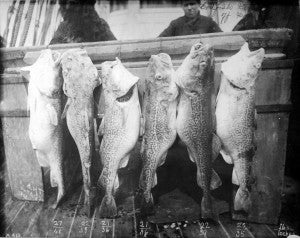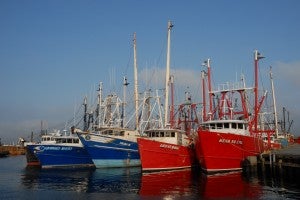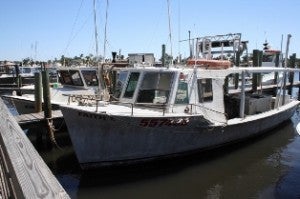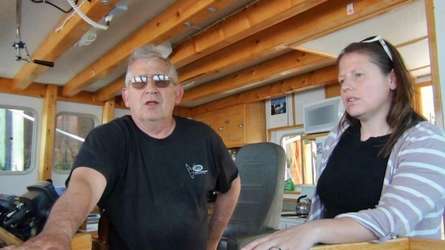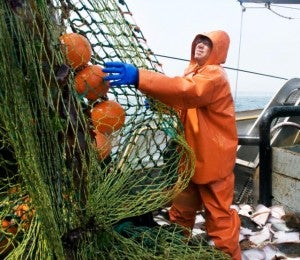New England has received a lot of media attention recently about the fisheries disaster declared by President Barack Obama. The precipitous decline in groundfish in New England waters has created an imminent need to help fishermen and fishing communities that depend on stable healthy fish populations.
It is important to dispense with false rumors and to set the record straight. There is an effort on the part of some to claim that catch shares are somehow responsible for the New England groundfish population declines. To claim this is to suggest that fishermen have exceeded their catch limits and are not following the rules. This is simply not true. In fact, sector fishermen have been working hard to stay under their catch limits, and in some cases remain well below these limits.
In reality, the disaster declaration was based on the fact that there are changes happening in the ecosystem that are impeding the rebuilding of fish populations. We are forced to confront the frightening reality that fishing is changing in part because our oceans are changing. We are dealing with a resource problem, not a management problem. Read More










